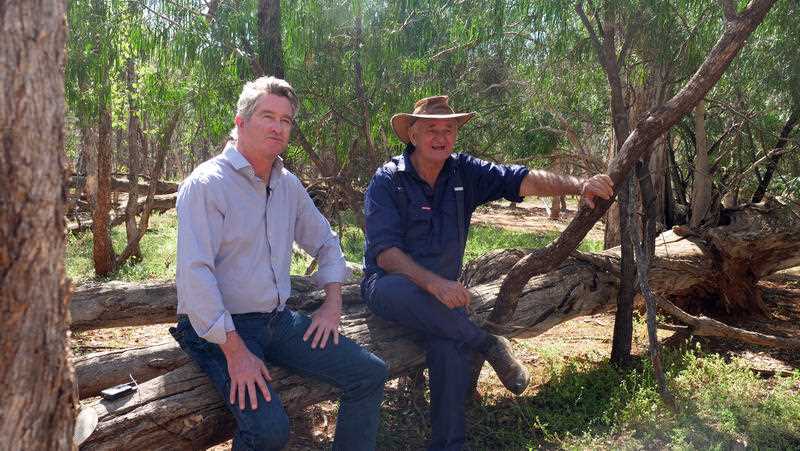Attacks on the integrity of Australia’s carbon market put the framework at risk when climate action needs to accelerate, an industry association says.
Critics of Australian carbon credit units, which can be used to offset excess emissions, say the system is skewed towards heavy polluters who help determine what is permitted under the scheme.
However, Carbon Market Institute CEO John Connor says those allegations miss the mark.
“Claims of ‘fraud’, ‘rorts’ and ‘sham’ amount to a direct attack on a vast network of farmers, traditional owners, service providers, investors, auditors, conservationists and public servants,” he said in a statement on Sunday.
Participants are aggrieved by accusations in academic papers “which do not appear to be substantiated”, Mr Connor said.
Australian National University environmental markets expert Andrew Macintosh claims the Emissions Reduction Fund has serious governance flaws and is potentially wasting billions of taxpayer dollars.
Professor Macintosh and his colleagues published a series of papers outlining systemic flaws in the ERF, which is run by the Clean Energy Regulator, and the way it issues credit units which they claim is “environmental and taxpayer fraud”.
The research found three-quarters of the credits issued are for avoiding deforestation in western NSW, human-induced regeneration of native forests and the combustion of methane from landfills.
People are getting carbon credit units “for not clearing forests that were never going to be cleared”, Prof Macintosh said.
“They are getting credits for growing trees that are already there.
“They are getting credits for growing forests in places that will never sustain permanent forests, and they are getting credits for operating electricity generators at large landfills that would have operated anyway.”
Mr Connor says methods used under the framework are subject to extensive consultation with experts and stakeholders, and issuances of carbon credits are checked by auditors.
“Governance systems of separation of power and firewalls should be and are regularly reviewed and should avoid perceptions and reality of conflict of interests,” he said.
Many in the carbon credits market have spent the past decade striving to grow support for stronger industrial emission reduction, sustainable agriculture and reversal of deforestation, Mr Connor said.
There has also been criticism of the Clean Energy Regulator as both buyer and creditor of units, but the federal body says it has rigorous processes to address any potential conflicts of interest.
“Decisions to register and credit projects are made based on whether the projects meet the requirements laid out in legislation,” it said in a statement.
Australian carbon credit units are regulated as financial products under corporation law, with licensing requirements for those who deal in the units or provide financial advice about them.
The value of world carbon markets surged past $1.2 trillion earlier in 2022, as companies use every tool to meet the net zero emissions commitments that consumers and investors increasingly expect.
By Marion Rae in Canberra, AAP
Get all the latest Canberra news, sport, entertainment, lifestyle, competitions and more delivered straight to your inbox with the Canberra Daily Daily Newsletter. Sign up here.



